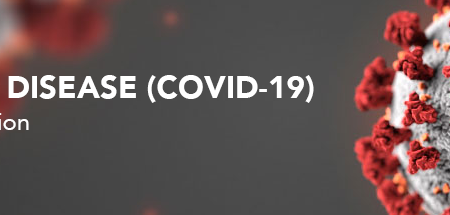CDC data released show STD diagnoses at record high in U.S.
The CDC has released preliminary surveillance data presented at the 2018 STD Prevention Conference in Washington, D.C. Data analysis of the five year trend of sexually transmitted diseases (STDs) showed a sharp increase in STDs for four consecutive years (see chart). In 2017, almost 2.3 million cases of chlamydia, gonorrhea and syphilis were reported to the CDC, an increase of more than 200,000 cases from 2016 (see graph). Young women continue to bear the greatest burden of chlamydia, having nearly half of all diagnosed infections.
In light of this alarming data, Texas Children’s Health Plan reminds providers that the CDC recommends annual chlamydia screening for all sexually active adolescents and women under 25, as well as older women with risk factors such as new or multiple sex partners, or a sex partner who has a sexually transmitted infection. Some physicians choose to screen all adolescents and women under 25 because reporting of sexual history is not always complete.
Nucleic Acid Amplification Tests (NAATs) are the most sensitive tests, and can be performed on easily obtainable specimens such as urine or vaginal swabs (either clinician- or patient-collected). Examples of NAATs include APTIMA® COMBO2 Assay (GEN-PROBE), CT APTIMA®, CT TMA. Texas Children’s Health Plan exclusively uses Quest for laboratory testing. The CPT code for the NAAT testing is 87491. Other CPT Codes for chlamydia testing/screening include: 87110 and 87270. Retesting is recommended approximately 3 months after treatment of diagnosed infections.








Leave a Reply
You must be logged in to post a comment.